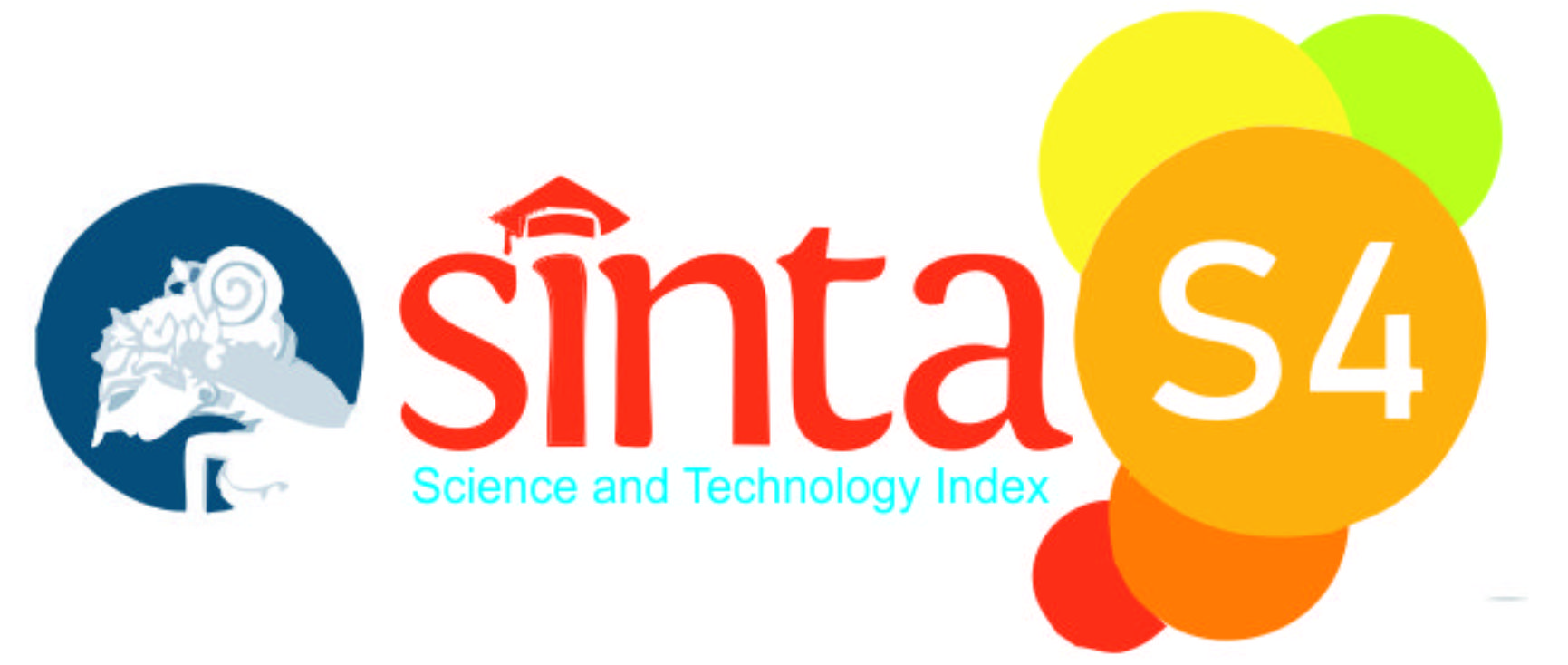Submissions
Submission Preparation Checklist
As part of the submission process, authors are required to check off their submission's compliance with all of the following items, and submissions may be returned to authors that do not adhere to these guidelines.- Submissions are not complete versions of manuscripts that have been published in conferences or journals
- Submission using Microsoft Word file format (* .docx)
- Submission using A4 paper size, Times New Roman font 12.
- Submissions have been adjusted to the writing guidelines which can be found in the Author Guidelines
- Upload a cover letter and a statement of the authenticity of the manuscript in PDF format (*PDF)
- If submitting to a peer-reviewed section of the journal, the instructions in Ensuring a Blind Review have been followed
Copyright Notice
Authors who publish with Extrapolasi agree to the following terms:
- Authors transfer the copyright and grant the journal right of first publication with the work simultaneously licensed under a Creative Commons Attribution-ShareAlike 4.0 International License.. that allows others to share the work with an acknowledgement of the work's authorship and initial publication in this journal.
- Authors are able to enter into separate, additional contractual arrangements for the non-exclusive distribution of the journal's published version of the work (e.g., post it to an institutional repository or publish it in a book), with an acknowledgement of its initial publication in this journal.
- Authors are permitted and encouraged to post their work online (e.g., in institutional repositories or on their website) prior to and during the submission process, as it can lead to productive exchanges, as well as earlier and greater citation of published work (See The Effect of Open Access)
Privacy Statement
The names and email addresses entered in this journal site will be used exclusively for the stated purposes of this journal and will not be made available for any other purpose or to any other party.













